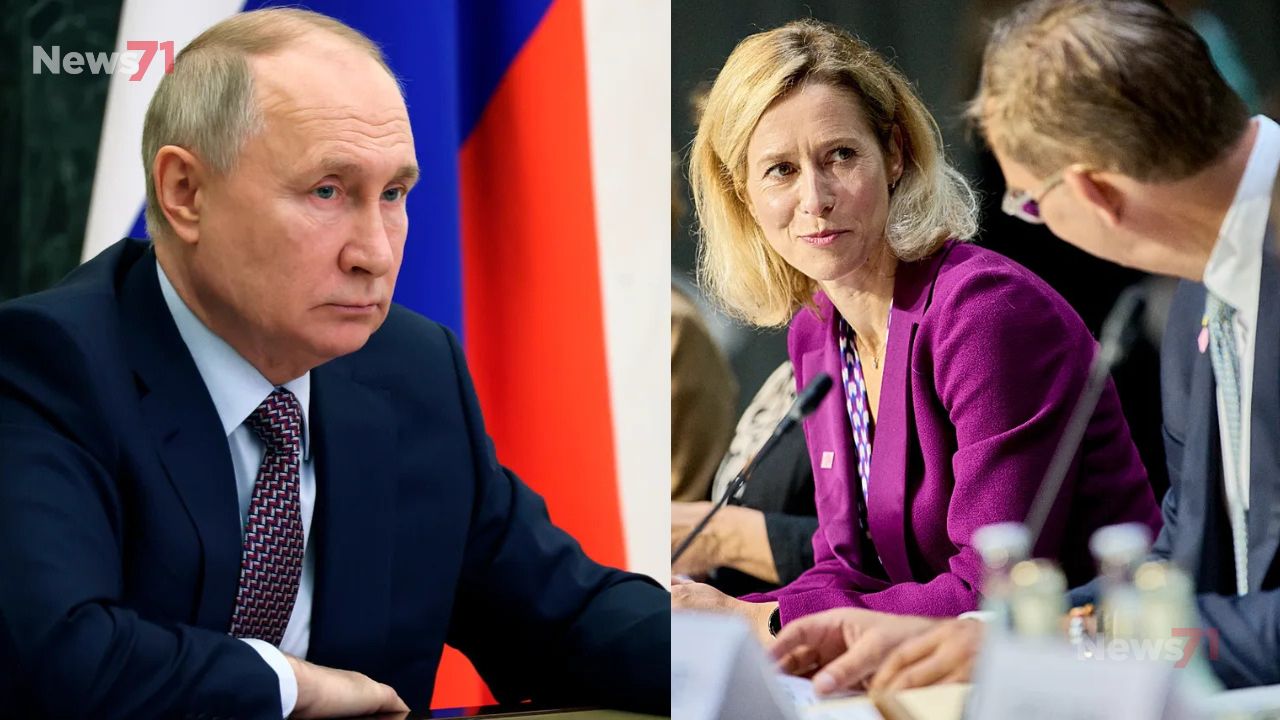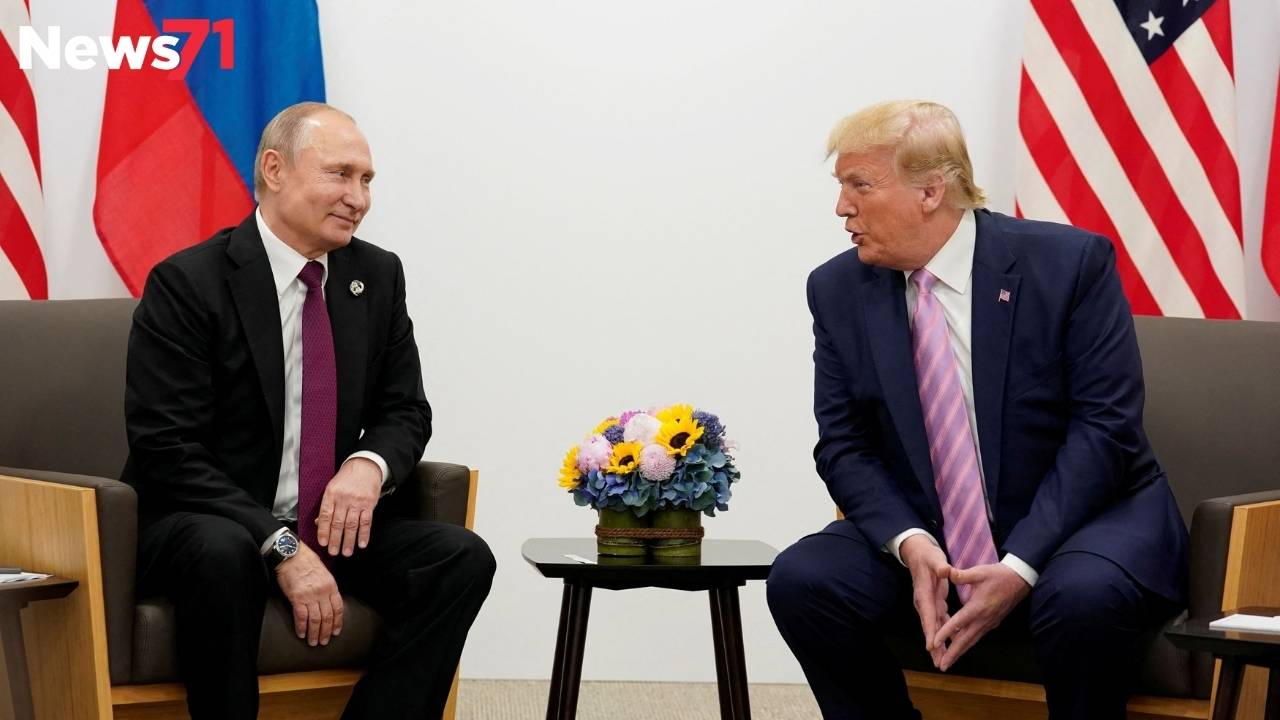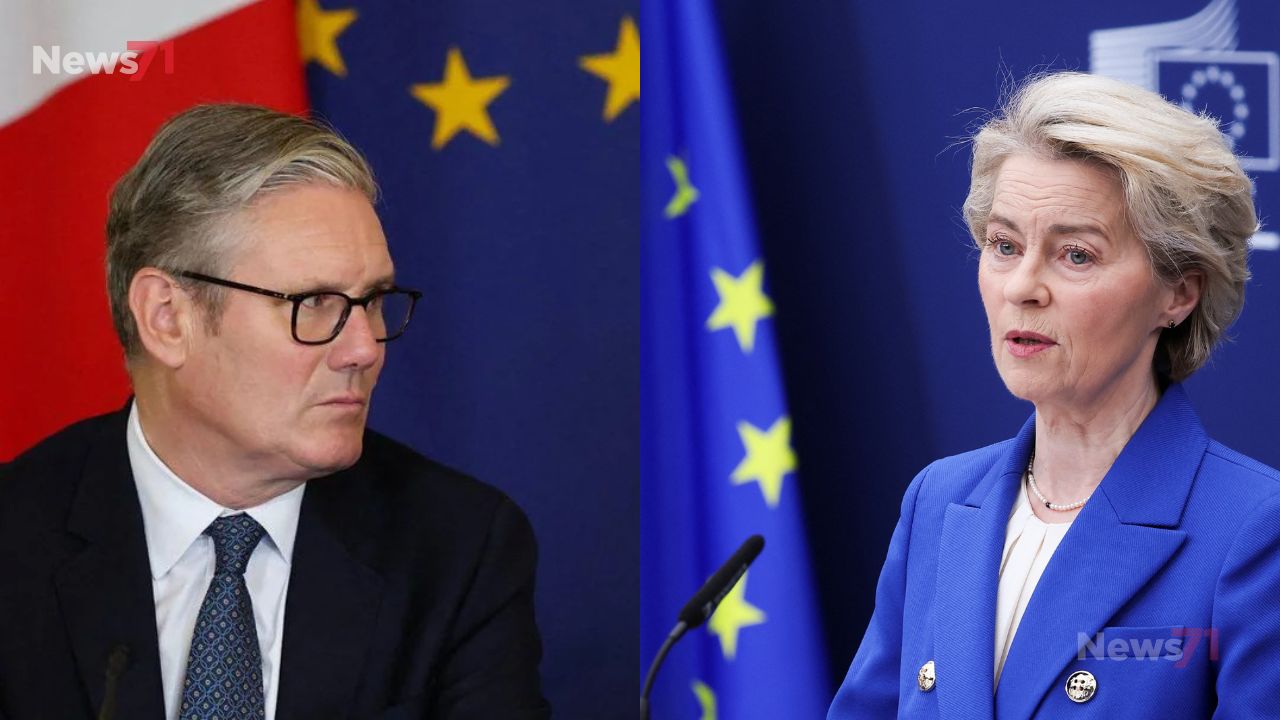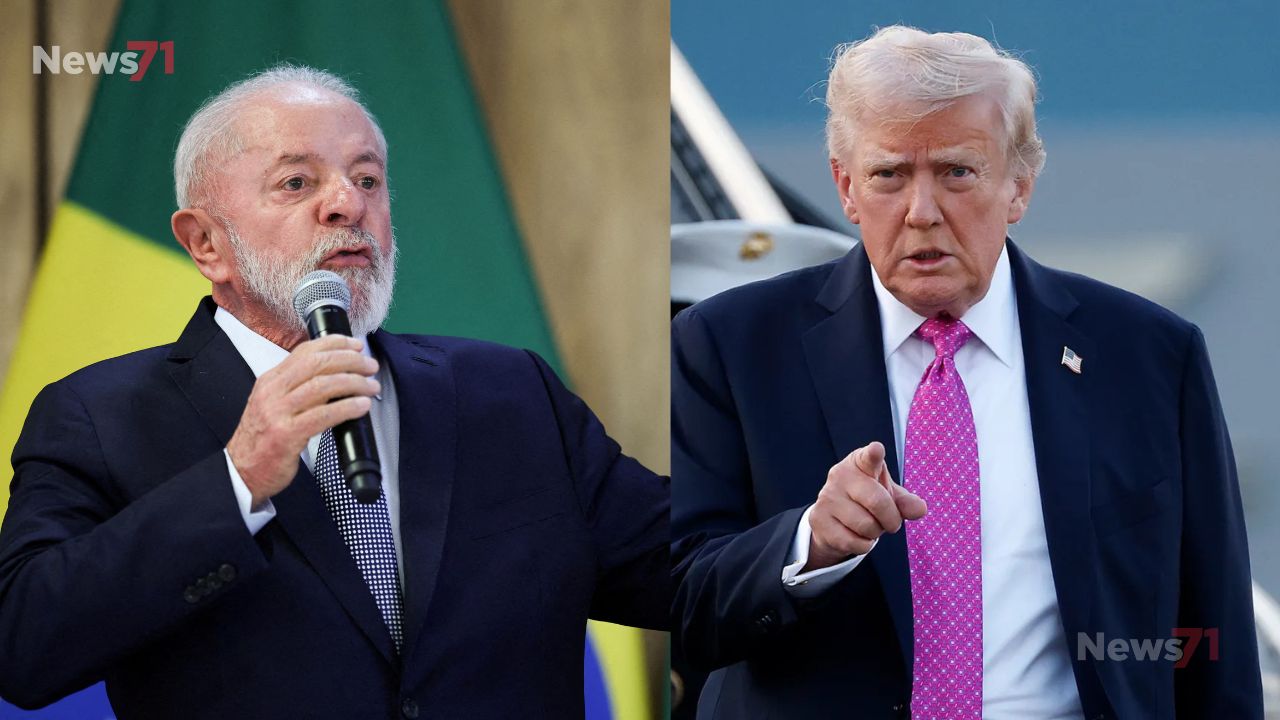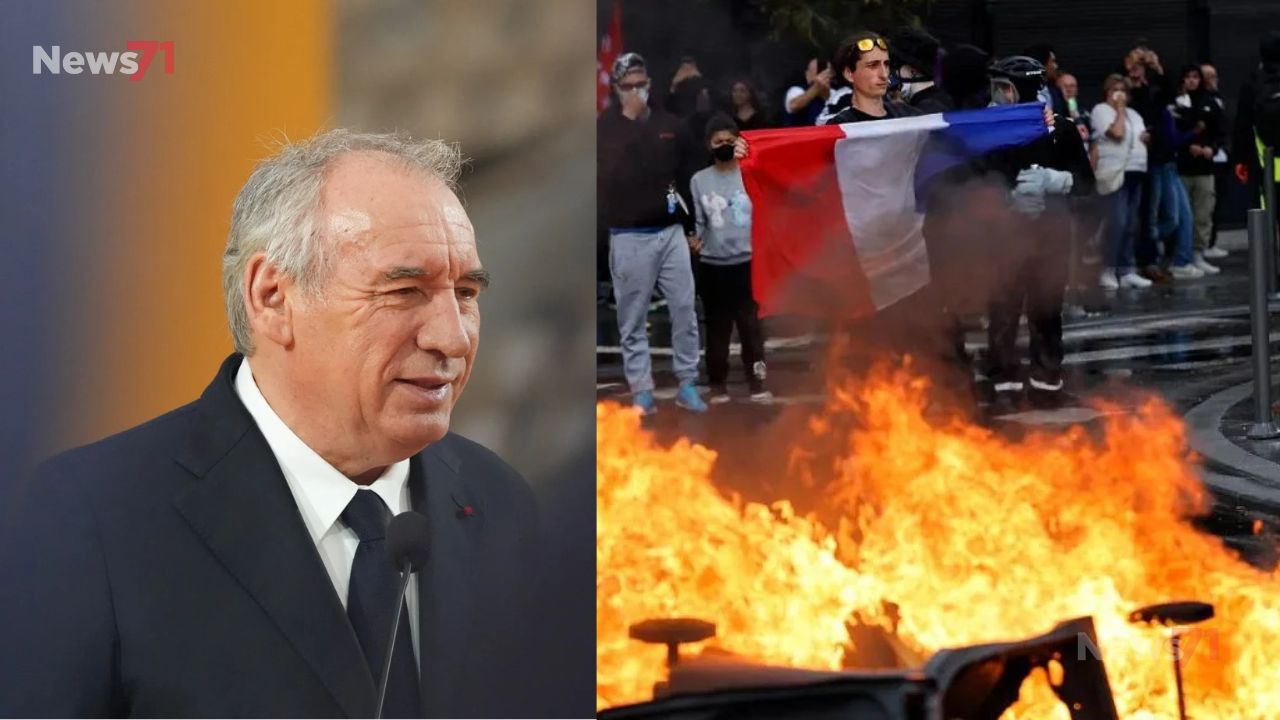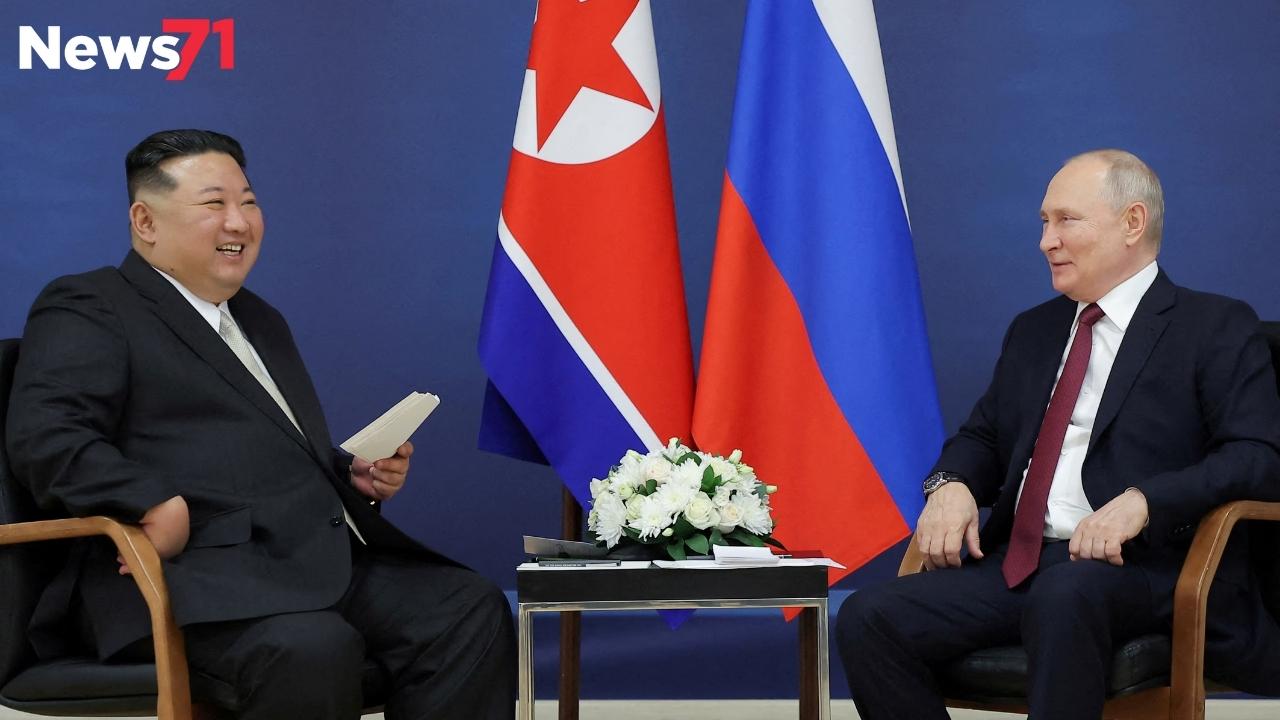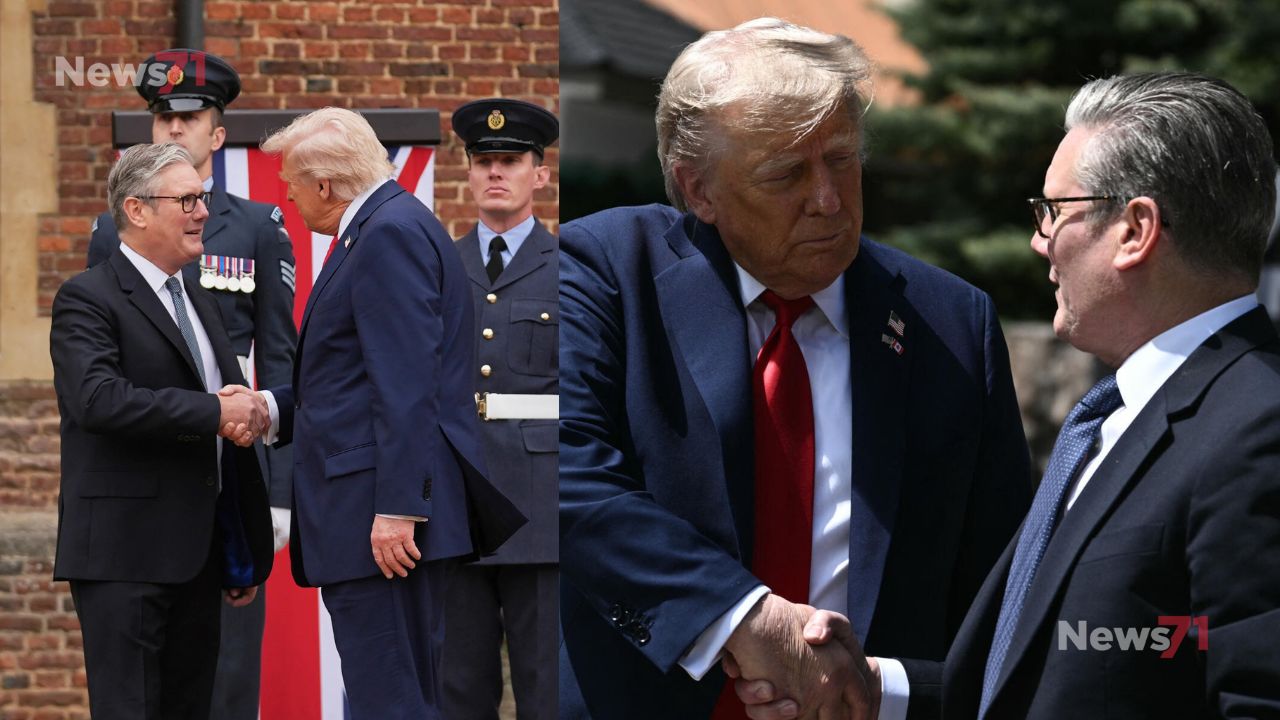EU explores cash flows from frozen assets,
Moscow on Monday threatened to pursue any European country that attempts to use Russian assets to finance Ukraine, after new ideas surfaced in Brussels on unlocking value from reserves frozen since 2022.
After the invasion of Ukraine, the United States and its allies barred transactions with Russia’s central bank and finance ministry and immobilised an estimated 300–350 billion dollars in sovereign assets. Much of that money is parked in Europe as EU, US, and UK government bonds held at European securities depositories.
European Commission President Ursula von der Leyen wants the EU to design a mechanism that channels cash balances linked to frozen assets to support Ukraine’s defence. Politico reported that officials are also considering using cash deposits at the European Central Bank that arise when Russian-owned bonds mature to back a reparations loan for Kyiv. The discussion has increasingly focused on using profits, interest, or other cash flows rather than the principal itself, which would be more legally contentious.
The idea reflects pressure to secure longer-term funding for Kyiv while limiting risks to Europe’s financial system. Even so, any attempt to redirect proceeds tied to Russian assets would almost certainly face legal challenges from Moscow and could require unanimous backing from EU members.
Russia’s response has been swift and uncompromising. Dmitry Medvedev vowed to pursue EU states and institutions in every venue, warning that any diversion of state assets will be treated as theft and met with retaliation. To limit legal and market risk, EU lawyers are sketching ring-fenced structures that capture only profits and interest, place proceeds in escrow, and preserve central-bank independence. Coordination with G7 partners and Europe’s market infrastructure is critical, since clearing houses and depositories must implement any scheme without disrupting settlement. Moscow could counter by targeting Western assets and operations in Russia; state media has already flagged large volumes of foreign investment at risk. For Kyiv, a predictable revenue stream would stabilise defence planning and reduce budget shocks.
Also Read: Arab Leaders Convene Emergency Summit After Israeli Attack on Qatar
Moscow’s retaliation warnings and market concerns
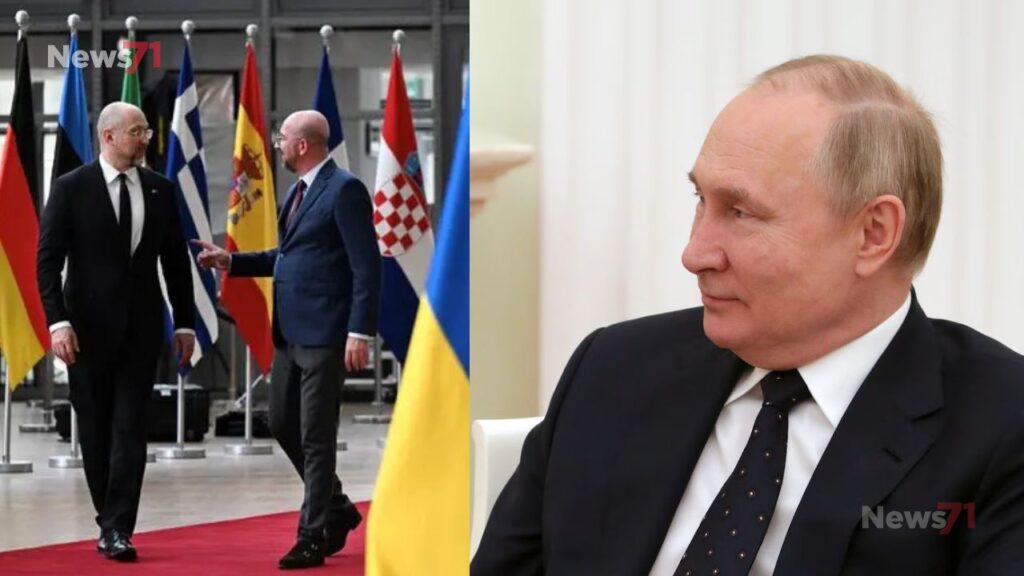
Dmitry Medvedev, former Russian president and now deputy chair of Russia’s Security Council, said Russia would go after EU states and officials who try to seize Russian property. He indicated that Moscow would use every available route, in international and national courts and, if necessary, outside the courts. Russian officials say any seizure or forced use of its property amounts to theft and would damage trust in Western currencies and sovereign bonds.
EU governments counter that Russia is responsible for the devastation in Ukraine, the deadliest land war in Europe since World War Two, and must ultimately pay for reconstruction. Banks and market participants remain cautious about the precedent: diverting a sovereign’s reserves could discourage foreign governments from holding funds in Western bond markets, even if Europe targets only the earnings from those assets.
Medvedev has also warned of broader retaliation after London disclosed that around 1.3 billion dollars raised from frozen Russian assets had been directed to weapons for Ukraine. Russia’s state news agency RIA has highlighted Western exposure inside Russia, claiming foreign direct investment from Western countries totals roughly 285 billion dollars, implying those holdings could be endangered if European plans proceed.
What comes next: Brussels is testing legally defensible ways to mobilise cash associated with frozen assets while trying to avoid collateral damage in financial markets. Any EU scheme, whether a reparations loan backed by cash balances or a framework to capture future interest, would likely trigger Russian lawsuits and countermeasures. The debate now sits at the intersection of funding Ukraine’s defence and preserving trust in the global financial system.
